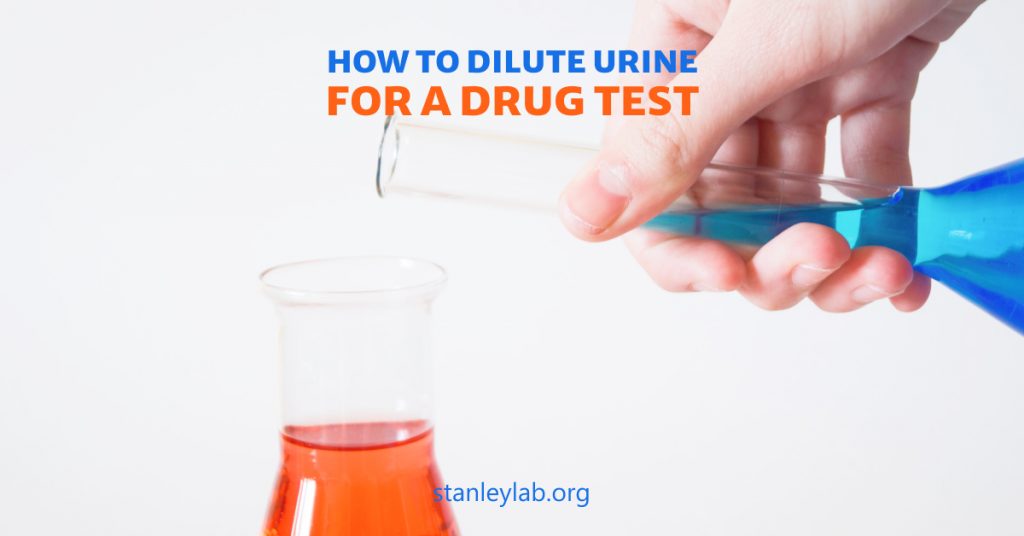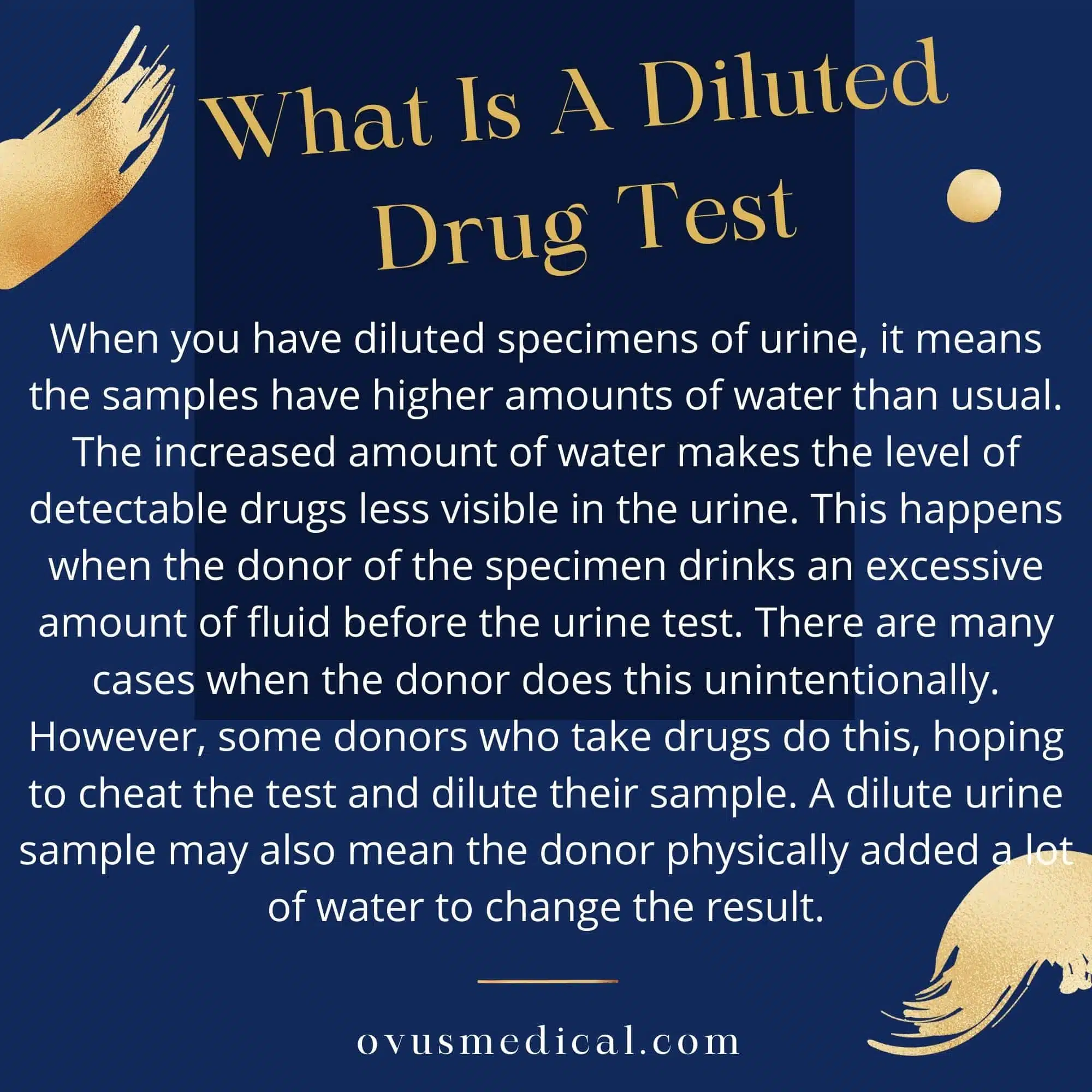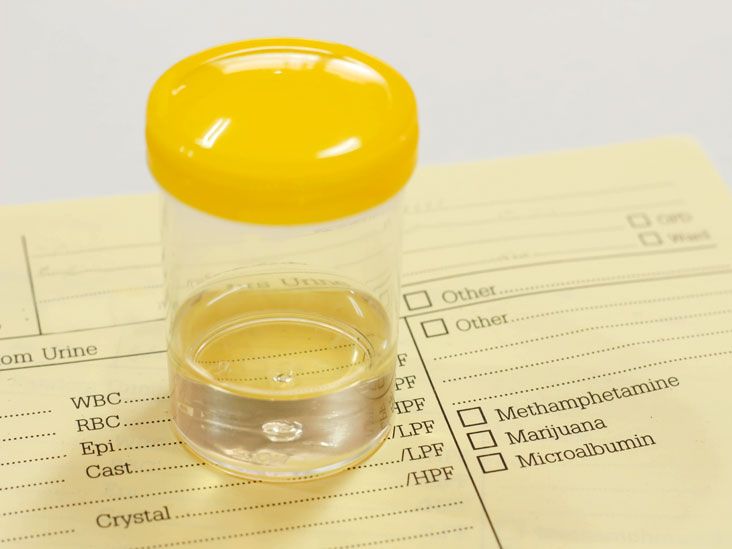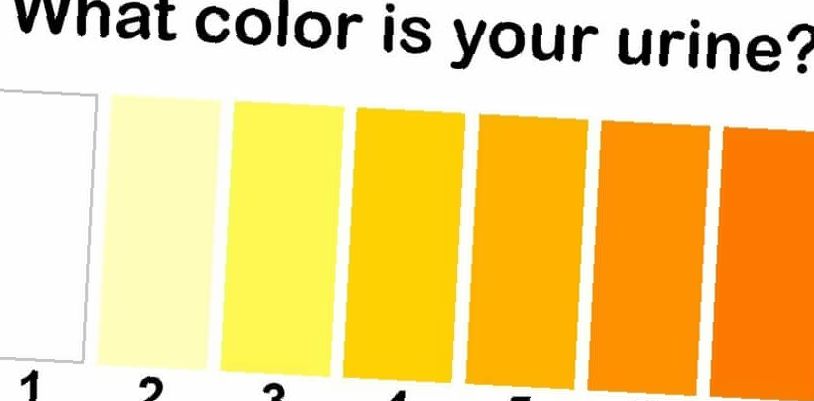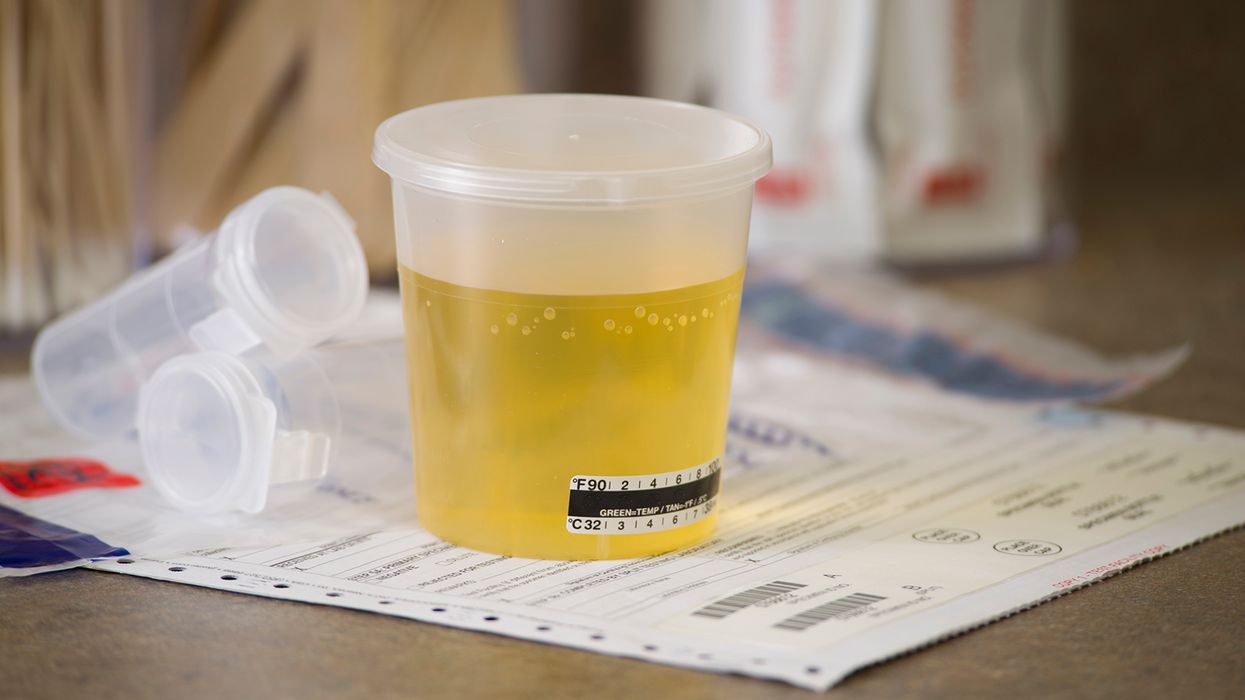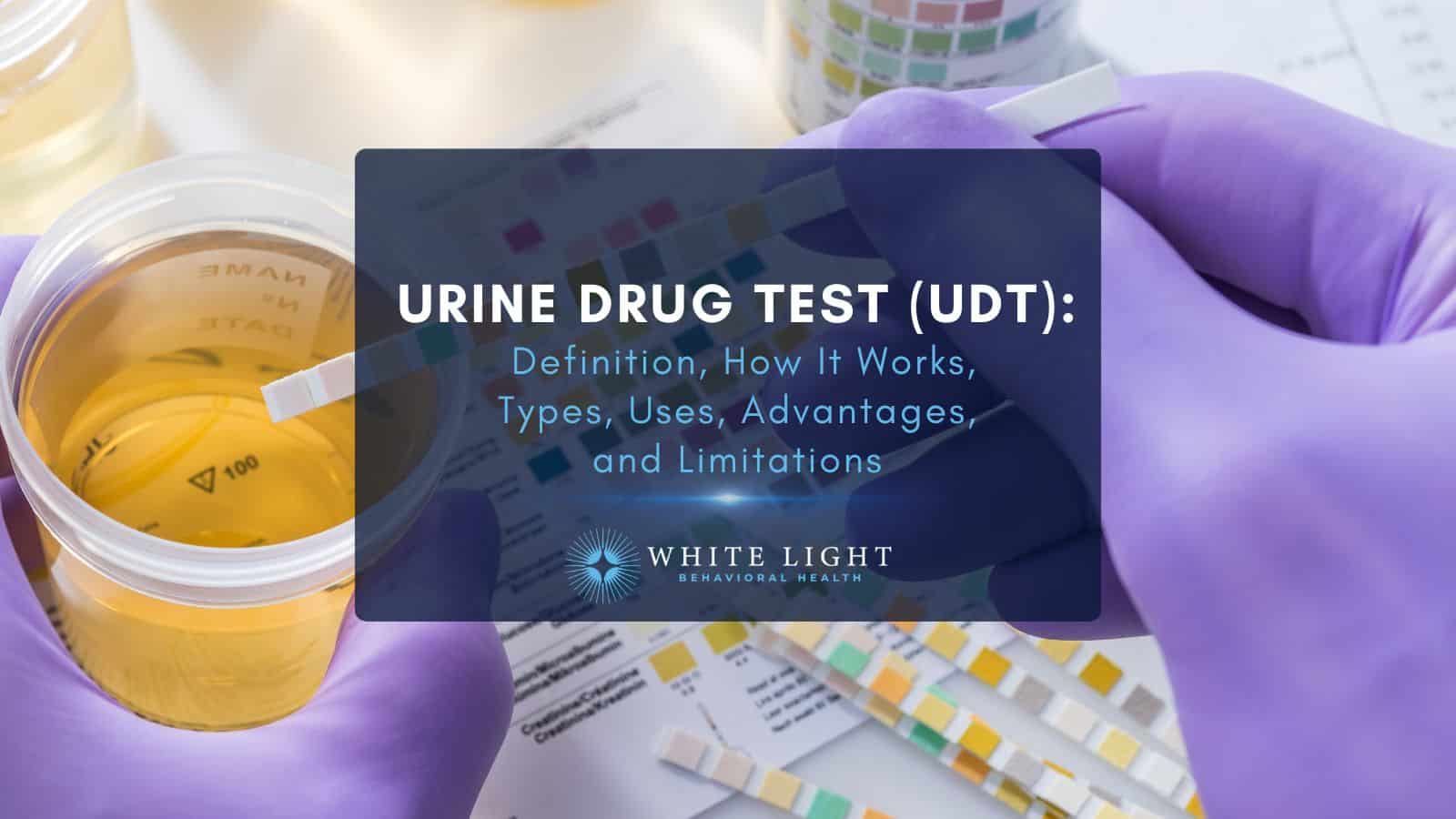How Much Water To Dilute Urine For Drug Test
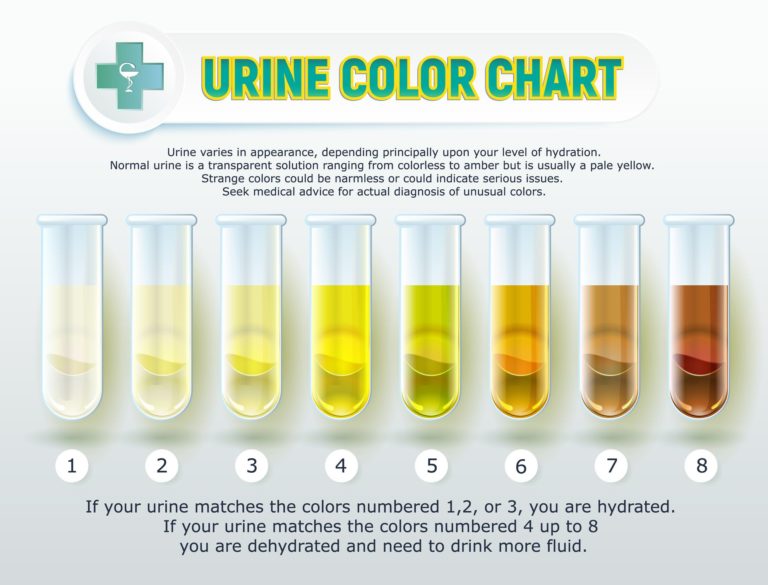
Urgent health alert: Individuals are increasingly attempting to dilute urine samples to pass drug tests, raising concerns about accuracy and potential health risks. Understanding the thresholds and consequences is critical.
This article provides essential information about the dangers and ineffectiveness of urine dilution, focusing on the scientific data concerning dilution levels and detection.
Dilution and Drug Test Accuracy
Diluting urine to mask drug use is a common, albeit often futile, strategy. Laboratories have established methods to detect diluted samples, rendering the attempt risky.
The primary method involves measuring creatinine levels. According to the Substance Abuse and Mental Health Services Administration (SAMHSA), creatinine levels below 20 mg/dL and specific gravity below 1.003 indicate dilution.
SAMHSA sets the standards for federal workplace drug testing programs, and these standards are often adopted by private employers.
Creatinine and Specific Gravity Levels
Creatinine is a waste product filtered by the kidneys. Normal urine creatinine levels typically range from 20 mg/dL to over 200 mg/dL.
Specific gravity measures the concentration of particles in urine. Normal values range from 1.003 to 1.030. Levels below 1.003 suggest excessive water intake and dilution.
Drinking excessive amounts of water can lower these values, but labs are equipped to detect this.
How Much Water is Too Much?
There is no safe amount of water to drink to guarantee a negative result and evade detection. Drinking too much water in a short period can lead to water intoxication, also known as hyponatremia.
Hyponatremia is a dangerous condition where sodium levels in the blood become dangerously low. Symptoms can range from nausea and headache to seizures and coma.
The amount of water needed to dilute urine varies greatly depending on individual factors like body weight, hydration levels, and kidney function. Attempting to "game" the system is inherently risky.
Consequences of Diluted Samples
A diluted urine sample is usually considered a negative result for most substances but may result in further investigation. Many testing programs will flag a diluted sample and require a retest.
Employers often treat a diluted sample as a failed test. This can lead to disciplinary action, including termination.
Federal guidelines require that if the sample is dilute with creatinine >2 mg/dl but <20 mg/dl, then it must be immediately collected under direct observation (SAMHSA).
Masking Agents and Adulterants
Beyond simple dilution, some individuals resort to adding adulterants to their urine. Products marketed as urine additives are readily available online but are easily detectable by modern laboratories.
Common adulterants include glutaraldehyde, nitrite, and bleach. These substances interfere with the drug testing process but are easily identified.
The use of adulterants carries severe consequences, often resulting in immediate disqualification or termination.
Health Risks of Excessive Water Consumption
Rapid and excessive water consumption can overwhelm the kidneys' ability to process fluids. This leads to an electrolyte imbalance and potentially life-threatening complications.
Symptoms of water intoxication can mimic other medical conditions, making diagnosis challenging. Prompt medical attention is crucial if symptoms develop.
Elderly individuals and those with underlying medical conditions are at higher risk of complications from water intoxication.
Alternatives to Dilution
The only reliable way to pass a drug test is to abstain from drug use. If facing a drug test, seeking professional help for substance abuse may be the most responsible approach.
Numerous resources are available to support individuals struggling with addiction. These include counseling, therapy, and medication-assisted treatment.
Consider reaching out to a healthcare provider or a local treatment center for guidance and support.
Legal and Ethical Considerations
Attempting to subvert a drug test raises legal and ethical concerns. Many employers have zero-tolerance policies regarding drug use and test manipulation.
Falsifying drug test results can have serious consequences, including legal penalties and damage to professional reputation.
Honesty and transparency are paramount in workplace drug testing programs.
Conclusion: Staying Informed
Diluting urine to pass a drug test is an ineffective and potentially dangerous strategy. Laboratories are equipped to detect dilution, and excessive water consumption carries significant health risks.
Stay informed about workplace drug testing policies and seek professional help if struggling with substance abuse. Maintaining honesty and prioritizing health are crucial.
Continue to monitor reliable sources for updates on drug testing regulations and best practices. Seek professional medical advice if concerned about hydration levels or water intoxication.

